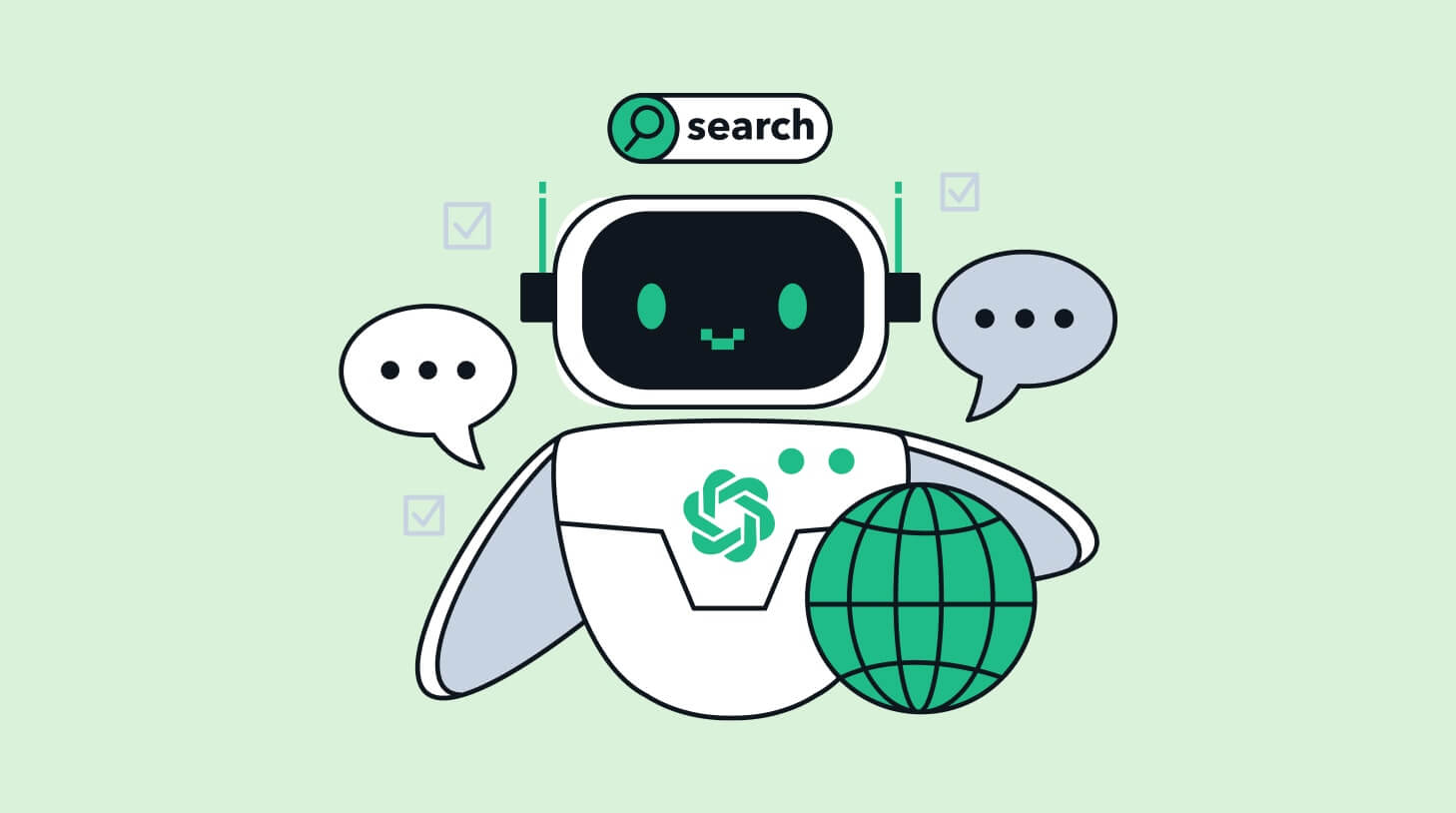How to use automation to avoid the awkward HR questions
We know it sounds awkward, but it's true. Any of us has been in that situation at some point, where we had a question for our HR team but felt a bit shy to ask it directly. We wished there was a way to get an answer without having to ask in person. Eventually, there's a way to avoid it. HR professionals, are you listening?

Larry wondered if dating someone from work was a good idea. He really liked a person who worked near him, but he wasn’t sure if it was okay.
Dawn felt tired after many meetings and wanted a longer lunch break to relax. She wondered if it was possible without causing trouble.
Sam worried that the company was watching what he did online. He couldn’t tell if it was real or just his imagination.
Molly felt sad when she found out about a job opening too late. She wanted to know why nobody told her about it.
Vince didn’t like taking time off work. He wondered if he could avoid using his vacation days.
Olivia got excited about the idea of getting a bonus. She wondered when it would happen and if it was real.
They all needed to reach out to HR to ask the burning questions.
But would they avoid that if there was another way to obtain the information they wanted without having to pose these uncomfortable queries?
Contents
The awkward questions list
Still wondering what the questions are?
Let us break them down for you:
- Is it okay to date someone from the workplace?
- Can I take a longer lunch break if I come in early and leave late?
- Is the company monitoring my emails and internet usage?
- Why wasn’t I informed about the internal job posting before it was filled?
- What happens if I don’t want to use my vacation days?
- Is this Nick a higher-up?
- What is his/her job role?
- Will I receive a bonus and when?
Do you see yourself fitting into any of those scenarios?
I know there are even more. If you ask an HR professional, they will come up with dozens of them.
Each of these questions pertains to various workplace concerns and dynamics.
The topics cover various aspects of workplace dynamics and policies. They touch on the challenges of dating coworkers and navigating professionalism, conflicts of interest, and HR guidelines.
Additionally, there’s discussion about work-life balance, with considerations for extra hours worked versus time off taken.
Privacy concerns arise regarding surveillance in the workplace, particularly related to email and internet usage monitoring. Communication and transparency within the organization are also scrutinized, especially concerning internal job postings and the dissemination of pertinent information to employees.
Leave policies, including the implications of not utilizing allocated vacation days, are highlighted.
Lastly, inquiries into organizational hierarchy and employee benefits, including the role of an individual named Nick within the company and the timing of potential bonuses, round out the breadth of topics.
Each one underscores different aspects of workplace culture, policies, and interpersonal dynamics that can impact employee experiences and relationships within the organization.
We have automation now
Utilizing AI-powered technology alongside collaborative tools or an HRIS can enhance accessibility to information and streamline HR processes. Let’s elaborate on them one-by-one:
Human Resource Information Systems
An HRIS like Workable can streamline the process of answering these questions without requiring in-person interaction. Here’s how:
Policy documentation: An HRIS can store and provide access to company policies and procedures regarding workplace relationships, lunch breaks, digital privacy, job postings, vacation policies, and bonus eligibility.
Employees can easily refer to these documents online, ensuring clarity and consistency in information dissemination.
Self-service portals: HRIS platforms often include self-service portals where employees can find answers to commonly asked questions. Employees can log in to the portal to access information about company policies, benefits, and procedures, reducing the need for direct HR involvement.
Automated notifications: HRIS systems can automate notifications regarding important updates or changes in policies, job postings, or bonus structures. This ensures that employees are informed in a timely manner, mitigating confusion or frustration over missed opportunities or outdated information.
AI-powered chatbots
This can be combined with the previous one, significantly increasing efficiency.
AI-powered chatbots or virtual assistants integrated into HR platforms can respond to employee queries instantly and accurately.
These bots can be programmed to understand natural language, providing personalized support on topics such as workplace policies, break schedules, vacation accrual, and internal job postings.
By leveraging AI, employees can access relevant information without needing direct interaction with HR personnel, promoting self-service and efficiency.
Collaborative tools
Platforms like Confluence offer centralized repositories for HR-related documentation, including policies, procedures, and FAQs.
HR teams can maintain up-to-date information on Confluence pages, ensuring employees have access to the latest guidelines and resources avoiding asking awkward questions.
Employees can search for answers independently within Confluence, finding information on topics such as workplace relationships, vacation policies, organizational hierarchy, and bonus structures.
Collaborative features allow HR teams to collaborate on document creation and updates, ensuring accuracy and consistency across materials.
Why is it important to avoid the awkward questions
Companies benefit greatly from working to avoid recurring employee questions and automating their resolution processes through HR technology.
By proactively addressing common inquiries and streamlining responses, companies can save valuable time and resources for both HR professionals and employees.
Automation reduces the burden on HR staff, allowing them to focus on strategic initiatives and more complex employee needs rather than repetitive administrative tasks.
Furthermore, by providing clear, consistent, and readily accessible information through self-service portals and automated notifications, companies can improve employee satisfaction, foster a culture of transparency and trust, and enhance overall organizational efficiency.
Additionally, automation helps ensure compliance with company policies and regulations by consistently applying rules and procedures across the organization.
Overall, investing in systems to automate and manage employee awkward questions not only enhances HR effectiveness but also contributes to a more productive and engaged workforce.
Frequently asked questions
- How can HRIS help with awkward HR questions?
- HRIS systems streamline access to company policies and procedures, offering a self-service portal where employees can find answers to common HR questions. This reduces the need for direct HR interaction and ensures consistency in information dissemination, promoting a more transparent and efficient workplace environment.
- What role do AI-powered chatbots play in HR?
- AI-powered chatbots provide instant, accurate responses to employee inquiries about workplace policies, break schedules, vacation accrual, and more. These virtual assistants understand natural language, offering personalized support and enabling employees to access necessary information swiftly without direct HR involvement.
- Can collaborative tools enhance HR communication?
- Platforms like Confluence serve as centralized repositories for HR-related documentation. They allow HR teams to keep all employees updated with the latest policies and guidelines. These tools facilitate independent information retrieval and collaborative updating, ensuring that all employees have consistent and accurate information.
- Why is avoiding direct HR questions beneficial for a company?
- By automating responses to common HR questions, companies can save significant time and resources. Automation reduces repetitive tasks for HR staff, allowing them to focus on more strategic activities. This also improves employee satisfaction by providing immediate access to important information, fostering a trustworthy organizational culture.
- What are the compliance benefits of using HRIS and AI in HR queries?
- Automated systems ensure that all employees receive the same information and follow the same procedures, which is crucial for compliance with company policies and regulations. This consistency helps prevent misunderstandings and potential legal issues, ensuring that the company maintains a fair and regulated environment for all employees.



